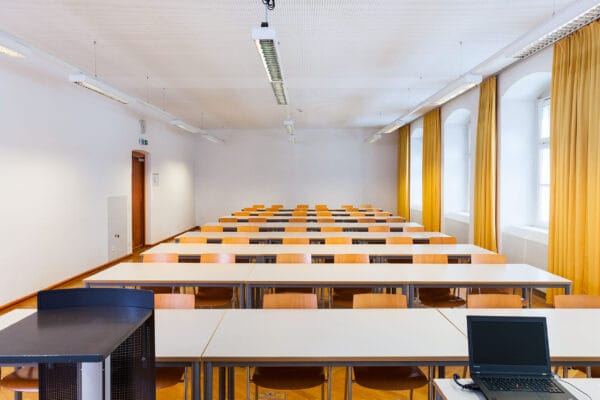
NAME:
Theologie – SR VI
BUILDING:
Theologie
FLOOR:
1
TYPE:
Seminar Room
CAPACITY:
48
ACCESS:
Only Participants
EQUIPMENT:
Beamer, PC, WLAN (Eduroam), Overhead, Flipchart, Blackboard, Handicapped Accessible, LAN, Speaker Desk
Mountain regions and their communities have long faced challenges related to geographic, climatic, and marginal conditions. These issues, along with the resilience strategies developed to address them, often extend beyond national borders. Taking into account the European policies and study on territorial cohesion and the specific programmes based on cross-border cooperation (from Alpine Space programme to Alcotra programme and so on) and multilevel governance (OECD works), beyond institutional strategy (EUSALP for the Alpine region) and instruments (such as the Alpine Convention), it emerges that cross-border cooperation seems to offer interesting possibilities, enabling the coordination of strategies, resource sharing, and the creation of common initiatives and solutions.
Starting from the experience of research-action developed into the A-Mont project, funded by the Italy-France cross-border cooperation programme ‘ALCOTRA’ 2021/2027, which aims to establish a strategic framework for territorial governance between Italian mountain regions (Western Italian Alps, Piedmont and Valle d’Aosta Region) and French mountain territories (Savoy Departement), this contribution explores the challenges and opportunities of cross-border cooperation in the Western Alps, focusing on how such projects can align policies, overcome cultural and logistical barriers, and foster long-term collaboration. It also reflects on the conceptual frameworks that guide these efforts, with a particular emphasis on the definition of “transfrontierisations”, considering how different actors’ perceptions of this concept significantly influence the terms and objectives of the cooperation with an interdisciplinary approach. Ultimately, the paper aims to highlight how these perceptions shape the implementation and success of cross-border initiatives and which new cooperation-based geographies emerge in the Western Alpine territories.

We and use cookies and other tracking technologies to improve your experience on our website. We may store and/or access information on a device and process personal data, such as your IP address and browsing data, for personalised advertising and content, advertising and content measurement, audience research and services development. Additionally, we may utilize precise geolocation data and identification through device scanning.
Please note that your consent will be valid across all our subdomains. You can change or withdraw your consent at any time by clicking the “Consent Preferences” button at the bottom of your screen. We respect your choices and are committed to providing you with a transparent and secure browsing experience.